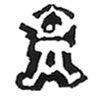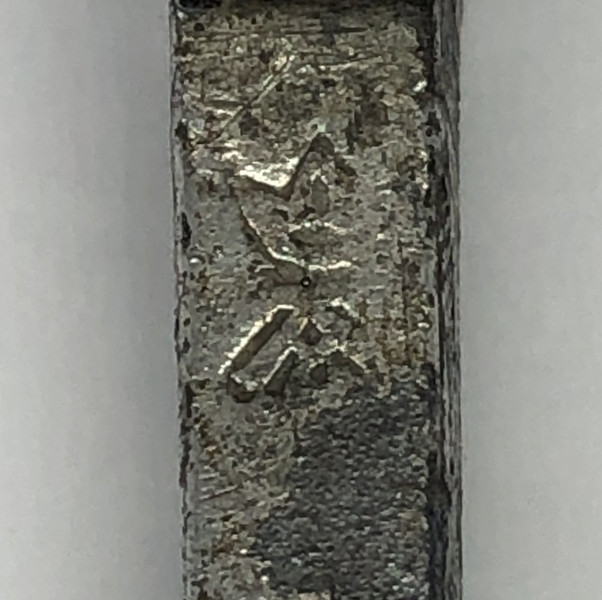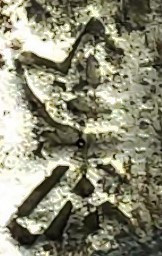
No 6

No:7

No;8

For comparison; Turku to be or not to be?
Indeed you would expect a maker's mark, instead town mark Turku(?) only. Is it possible the maker's mark is on the missing piece of the handle. Were town mark and maker's mark spread over a silver object made in Turku 16th century ? Time period 1570 to about 1650.
Swedish hallmark rules in nut shell;
In the course of the 16th century, the town marks are implemented with the local coat of arms. Marc Rosenberg calls the town mark a "Beschauzeichen" = hallmark up till 1860.
In 1689 the year letters were introduced by the Swedish Mint Master Antoni Grill for Stockholm, which were subsequently introduced into a number of other cities, and were prescribed throughout the Swedish Kingdom/Empire by the decree of the May 29, 1758. Implemented in 1759, identical and uniform to the Stockholm date letter sequence.
In 1752 the Swedish state took control of precious metal minimum standard, The State standard mark with the Swedish Imperial crest, the three crowns in a three-pass, was introduced. Source Marc Rosenberg Band IV/Ausland Schweden.
http://www.925-1000.com/forum/viewtopic ... 20#p146917
If above stated is correct and answered yes, I could lean towards Turku, also respect other opinion.
Peter.

